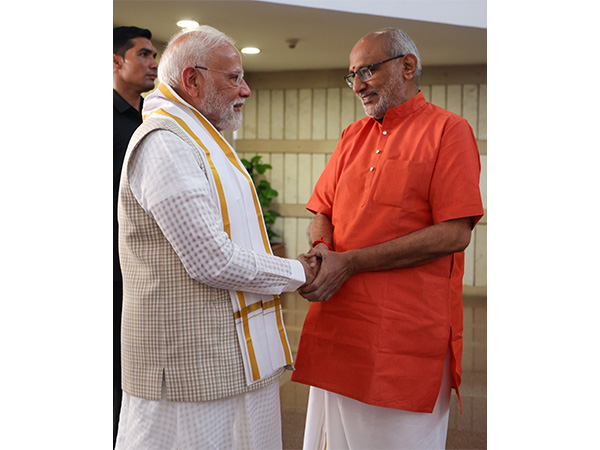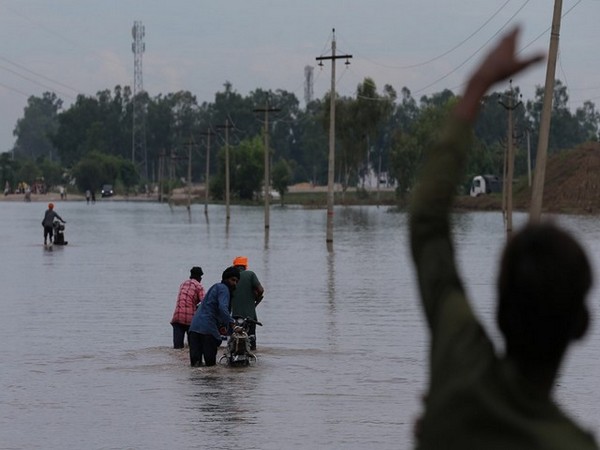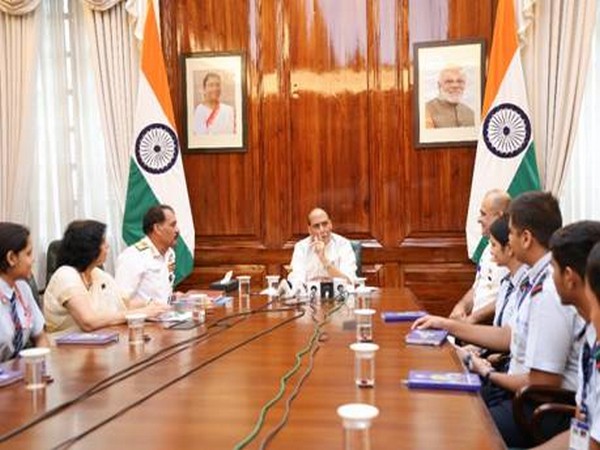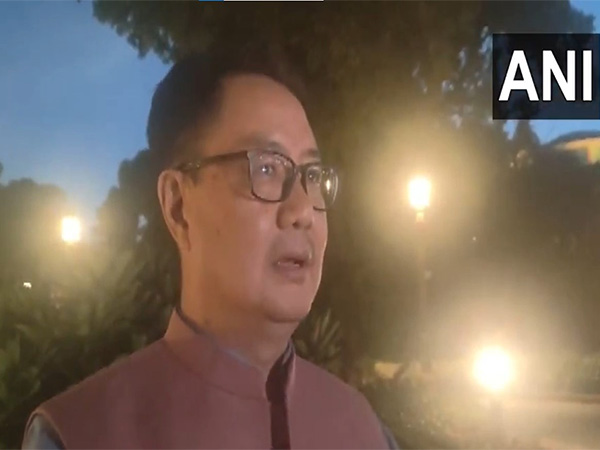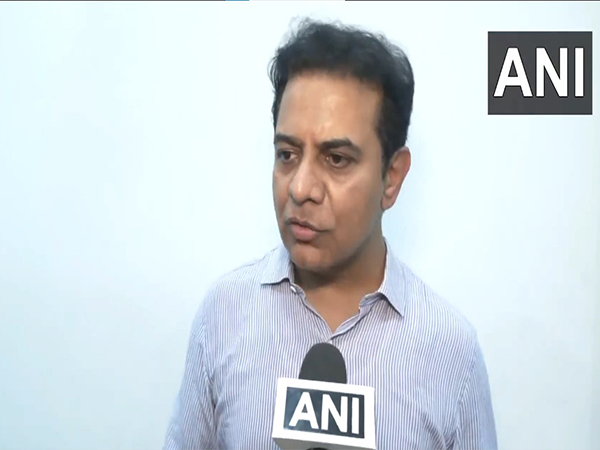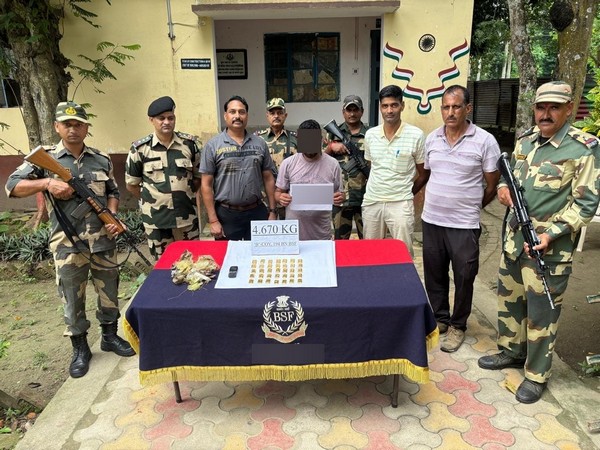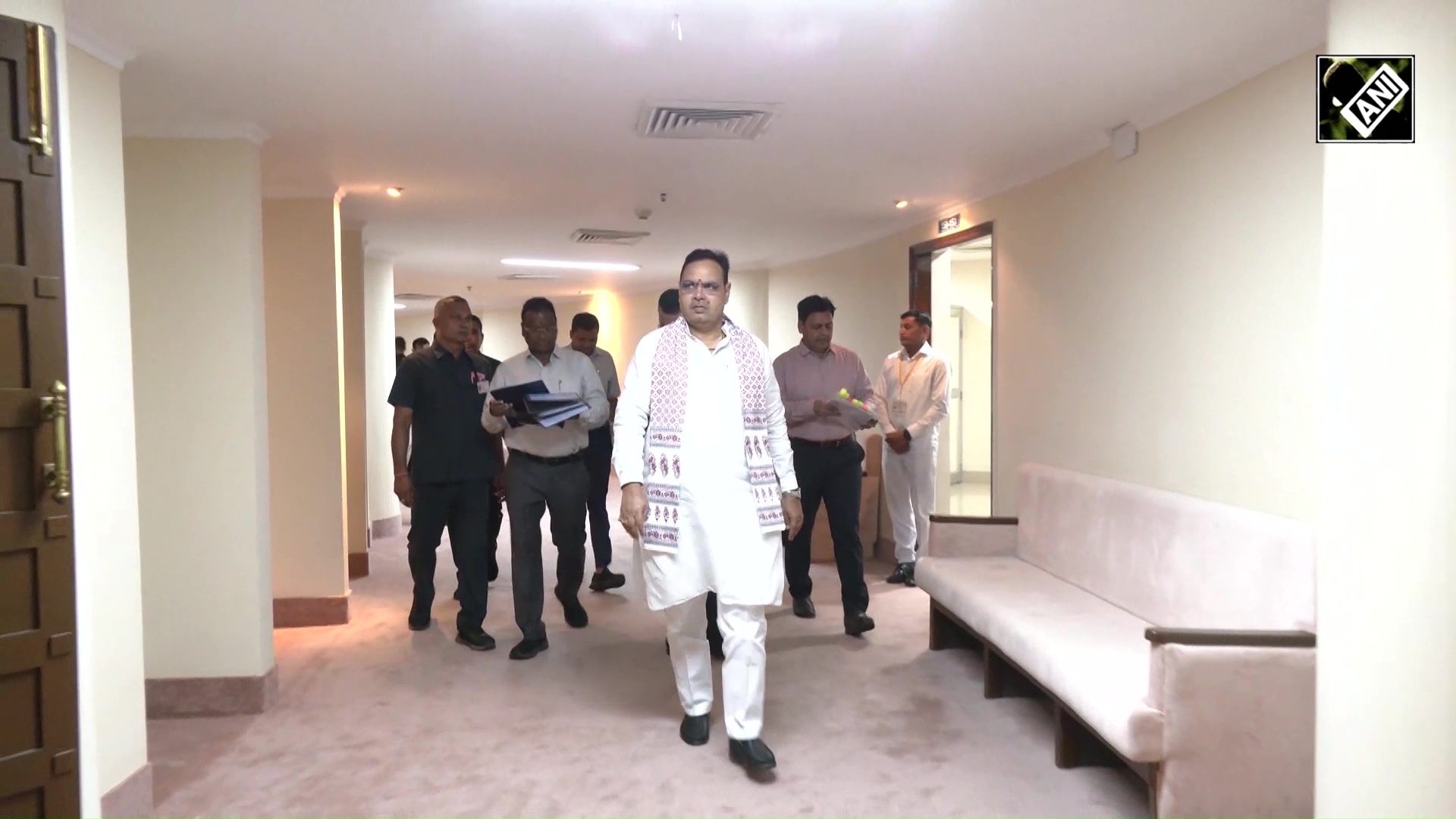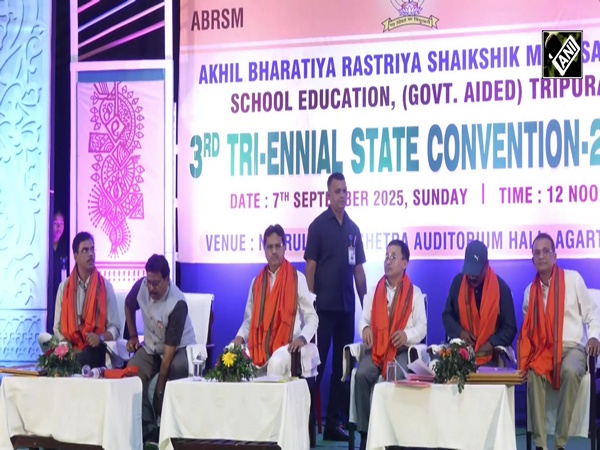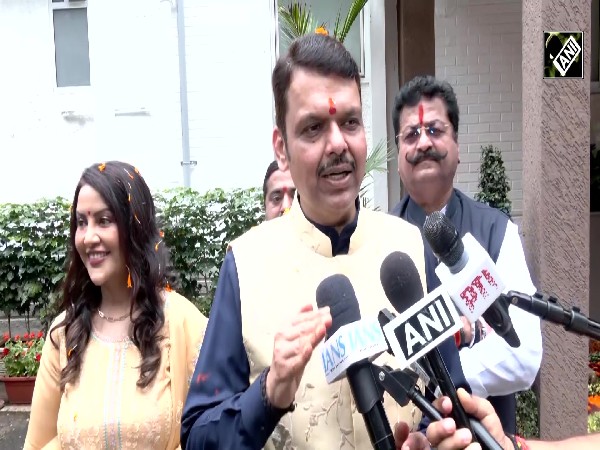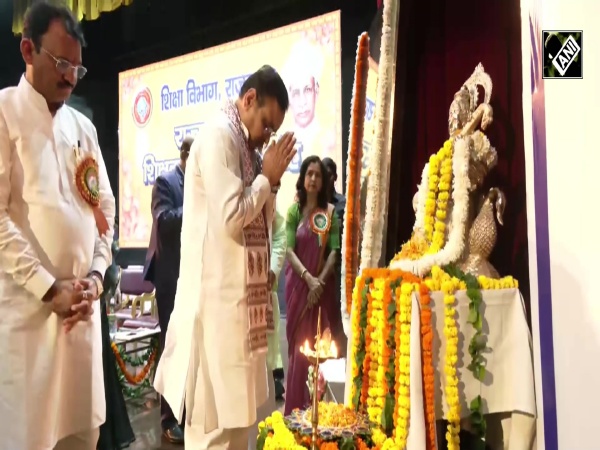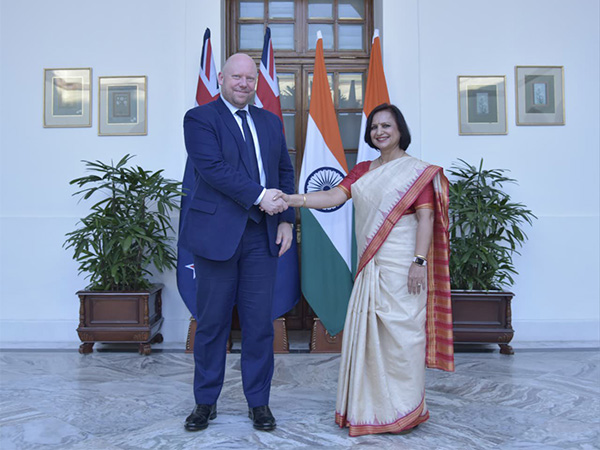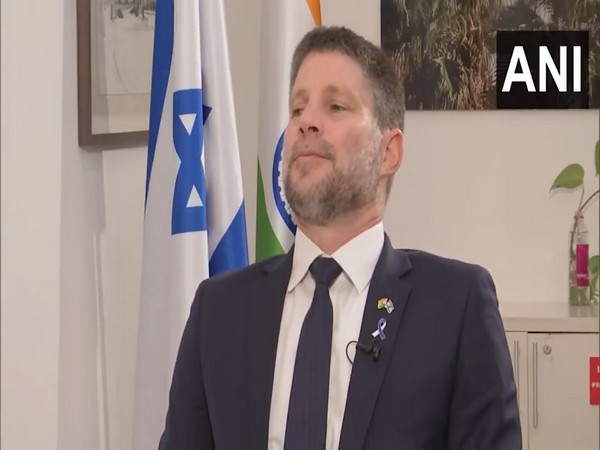
"Both Israel and India, are negotiating with the United States": Israel's FM Bezalel Smotrich confident of resolution in US tariff talks
Sep 08, 2025
New Delhi [India], September 8 : Israel's Finance Minister Bezalel Smotrich on Monday said that both Israel and India are in negotiations with the United States over tariff-related issues, voicing confidence that agreements will be reached.
Speaking to ANI in New Delhi, The Israeli minister emphasised that differences were "okay" in long-standing partnerships but would not affect the overall strength of the relationships.
He said, "India and America go back many years. Israel and India go back many years... Each of the bilateral relations goes back many years and it's perfectly okay that there are differences within this relationship. There is a great appreciation between each of the three leaders, Prime Minister Modi, President Trump and Prime Minister Netanyahu."
"Both of our countries, Israel and India, are negotiating with the United States administration over tariffs nowadays. I'm sure, however long it takes, we'll reach an agreement on this," he added.
Highlighting commonalities, the Israeli Finance Minister said, "We have common values, common friends, common enemies, and common economic interests."
The remarks come amid global economic uncertainties following the US imposition of a 50 percent tariff on Indian imports, supplemented by an additional 25 percent due to India's purchase of Russian crude oil.
US President Donald Trump warned that the United States has not yet rolled out "Phase-2" and "Phase-3" tariffs against countries continuing trade ties with Russia, calling secondary sanctions on India a direct action against Russia, as "that cost hundreds of billions of dollars to Russia." He made the comments when asked why no action had been taken against Russia since assuming the Oval Office in January.
Trump noted that India is the largest buyer of Russian oil after China, suggesting that New Delhi could face further penalties if energy imports from Moscow continue. While the US has temporarily suspended additional tariffs on China until November, India has faced steep levies. A 25 percent tariff was imposed earlier this month, and an additional 25 percent secondary sanction took effect on August 27, bringing the total to 50 percent on Indian goods.
The US President said these steps targeted Russia's oil exports through major buyers. "Would you say that putting secondary sanctions on India, the largest purchaser outside China, they are almost equal. Would you say there was no action? That cost hundreds of billions of dollars to Russia, you call that no action? I haven't done Phase-2 yet or Phase-3," Trump told reporters during a joint press conference with the Polish President at the White House.
Recalling his earlier warning that India would face "big problems" if it continued Russian oil purchases, Trump added, "Two weeks ago, I said if India buys, India has got big problems, and that's what happens."
Earlier, in a separate interview, Trump claimed that New Delhi had offered him a "no tariff" deal following Washington's decision to raise duties on Indian goods. Speaking on The Scott Jennings Radio Show, he said, "India was the most highly tariffed nation in the world, and you know what, they've offered me no tariffs in India anymore. If I didn't have tariffs, they would never make that offer."
Trump also reiterated his belief that tariffs are essential in rebalancing trade. "China kills us with tariffs, India kills us with tariffs, Brazil kills us with tariffs. I've understood tariffs better than any human beings in the world," he said.
Describing the bilateral trade relationship as a "one-sided disaster," Trump claimed India had benefitted disproportionately over the decades. He argued that while India sells a "tremendous amount of goods" to the US, American companies have struggled to enter the Indian market due to high duties. "They have now offered to cut their tariffs to nothing, but it's getting late. Until now, it was a totally one-sided relationship for many decades," he added.

